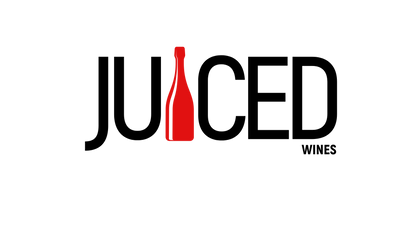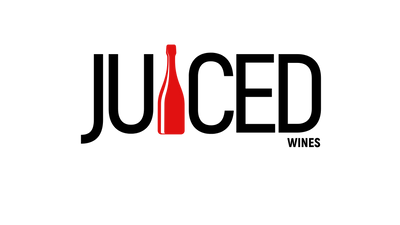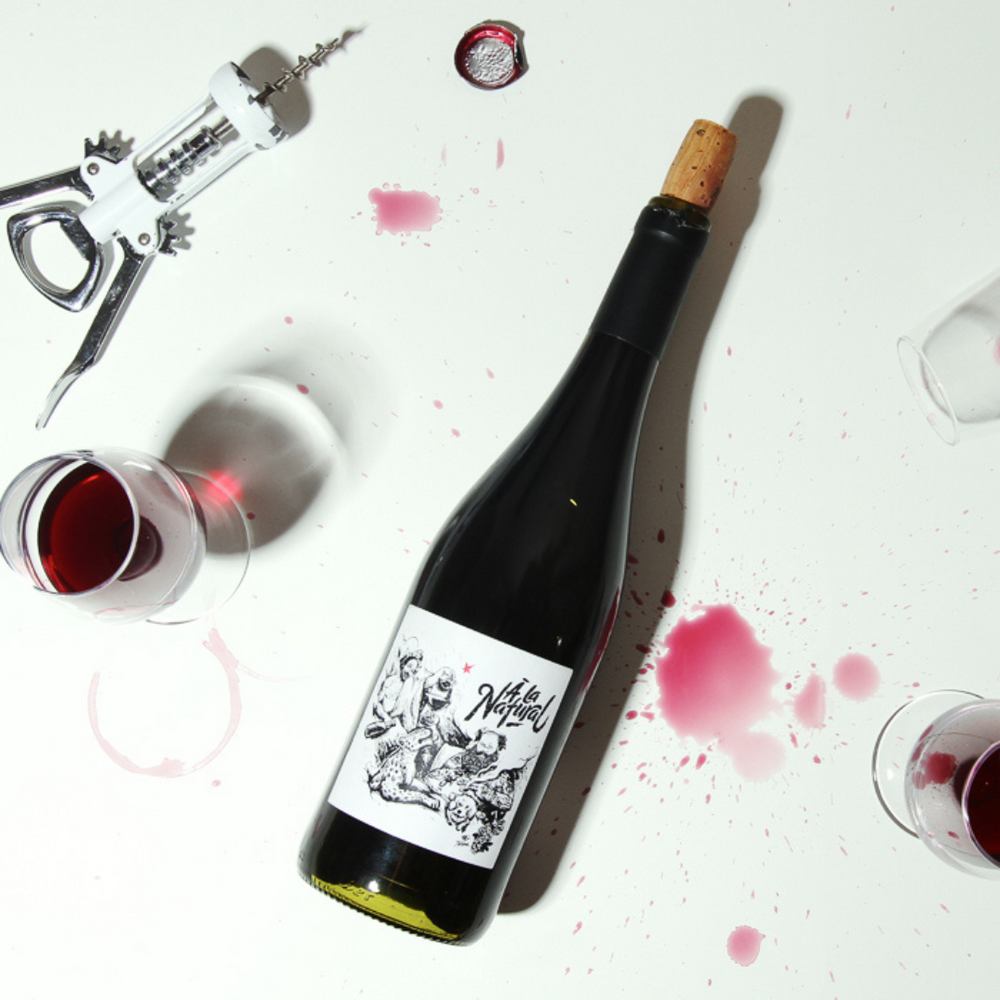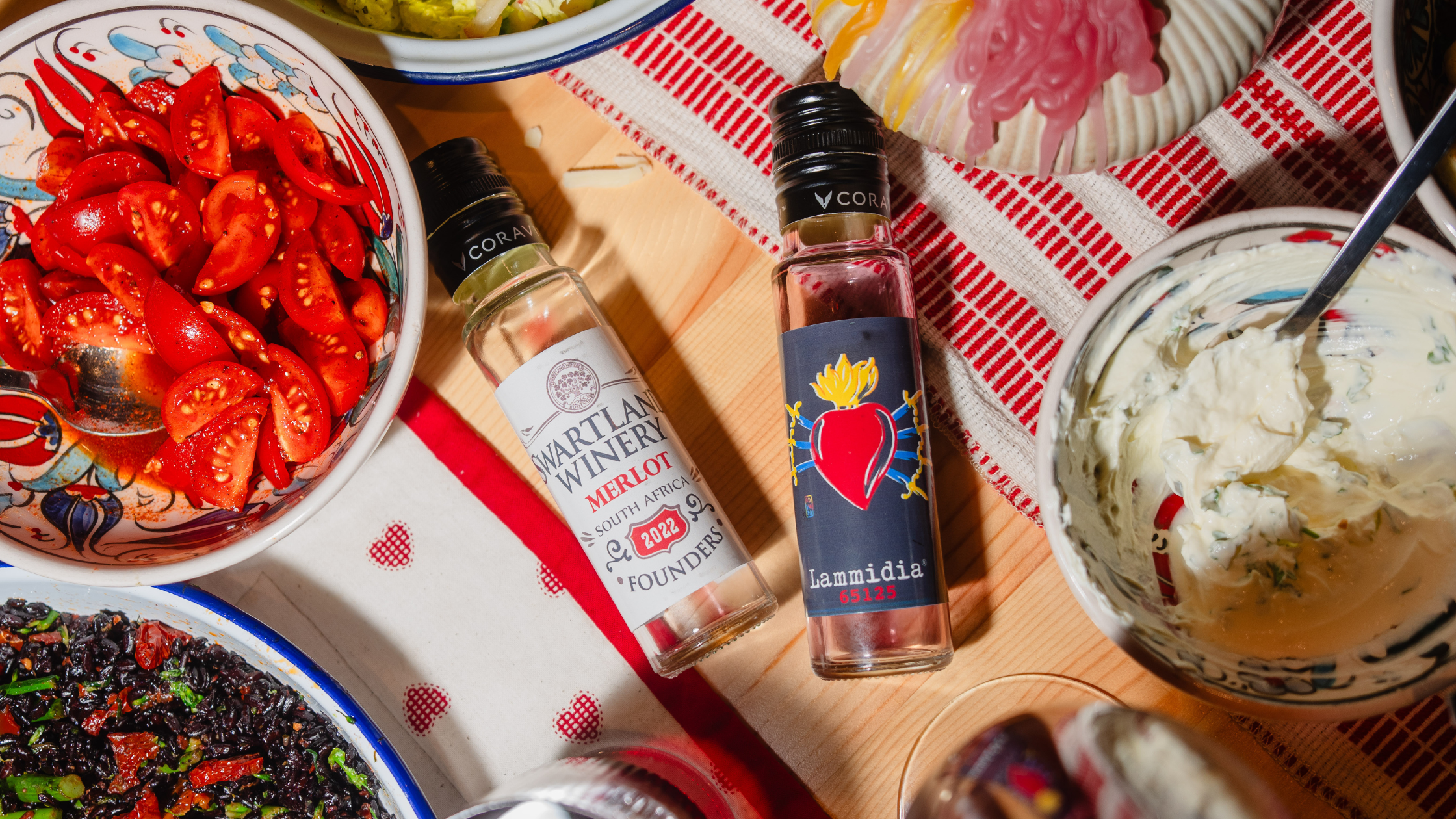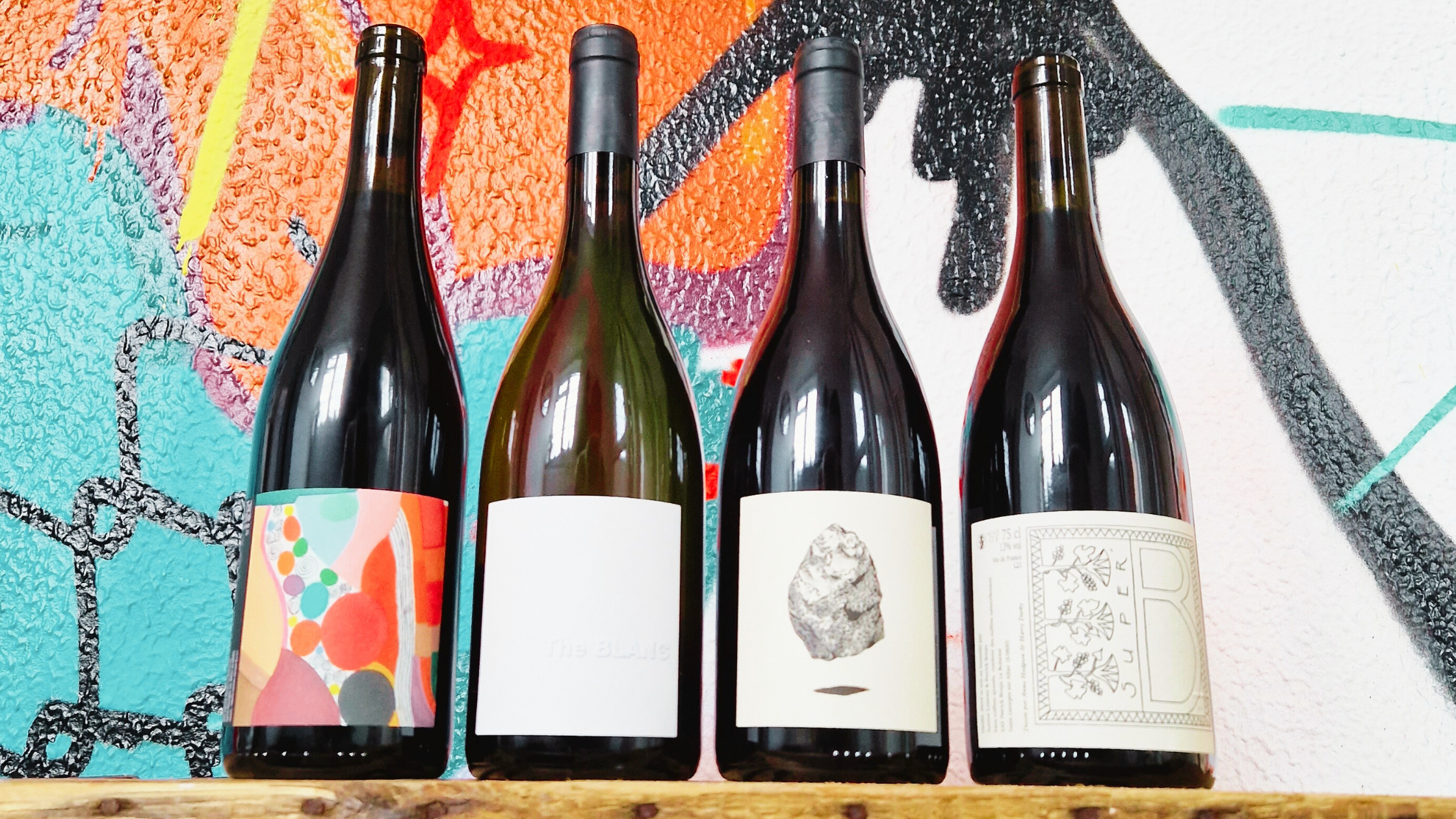In recent years Natural Wine has propelled in notoriety, but, what actually is considered a Natural Wine? Well, Natural wine is a type of wine that is produced with minimal intervention both in the vineyard and the winemaking process. The goal of natural winemaking is to allow the grapes to express themselves without the use of many additives or technological manipulations. While there is no official or universally accepted definition for natural wine, certain characteristics and practices are commonly associated with it:
Organic or Biodynamic Farming
Natural winemakers often use organic or biodynamic farming practices. This means avoiding synthetic pesticides, herbicides, and fertilizers, and instead, relying on natural and sustainable methods.
Hand Harvesting
Grapes are typically harvested by hand rather than by machine to ensure that only the ripest and healthiest grapes are selected.
No Added Yeast
Natural winemakers rely on the natural yeasts present on grape skins and in the winery environment for fermentation, rather than adding commercial yeasts.
Minimal or No Sulfur
Sulfur dioxide (SO2) is a common preservative in winemaking, but natural winemakers often use minimal or no sulfur additions. Some argue that this allows the true flavors of the grapes to shine, but it can also make the wine more prone to spoilage.
Unfiltered and Unfined
Natural wines are often unfiltered and unfined, meaning they may appear cloudy or have sediment. This is a result of allowing the wine to clarify naturally without the use of fining agents or filtration.
Low Intervention in the Cellar
Natural winemakers aim to intervene as little as possible during the winemaking process. This means avoiding excessive filtration, manipulation of temperature, and other interventions that might alter the natural character of the wine.
It's important to note that there is no official certification or regulatory body governing the term "natural wine," and different winemakers may interpret and practice these principles to varying degrees. As a result, natural wines can exhibit a wide range of flavors and characteristics, and the category is often associated with a sense of individuality and authenticity.
Saying that, there are some regional bodies who are implementing checks and criteria to make things more transparent for consumers
Demeter
Although nothing is what we call official in terms of governance of natural wine, Demeter is the main biodynamic qualification and it is the one that guarantees a certification and approval of quality in relation to its agricultural activity and the requirements requested for the winemaking process
Thus, Demeter applies a set of standards for biodynamic winemaking which must be fully complied with. Therefore, when buying a biodynamic wine, one should make sure that it has a label which assures the Demeter certification and which offers the quality of the wine itself.
It must be taken into account that in order to be able to apply a Demeter certification to a wine, the winemaker must first have the certificate of organic cultivation and then proceed with the standards requested by the Demeter certification.
One of the compulsory regulations that Demeter requires for biodynamic wine are:
-
That a minimum amount of sulphur dioxide is used.
-
That priority is given to the application of physical methods rather than chemical methods. In most cases wineries avoid the energy-intensive and raw material-intensive method.
-
Negative effects on the environment must be
reduced. Consequently, every single product that has been processed has to be treated for its use.

Vin Méthode Nature
Launched in 2020 Vin Méthode Nature is a French organisation that is recognised by The Institute for Origins and Quality (INAO), the French Ministry for Agriculture and the French Fraud Control Office.
In order to use the denomination grapes must come from certified organic vines, be hand-picked and produced using indigenous yeast. Methods which are banned during the winemaking process include thermovinification, reverse osmosis, flash pasteurisation and cross-flow filtration.
An addition of up to 30 mg/L of sulphur dioxide is permitted in all types of wine across all appellations, but no additions are permitted before or during fermentation. Wines where no SO2 addition has been made can be labelled ‘vin méthode nature sans sulfites ajoutés’ (natural method without added sulfites) while those with a post-fermentation addition can carry the ‘vin méthode nature avec moins de 30 mg/l de sulfites ajoutés’ (natural method with less than 30 mg/l added sulfites) tag.
Each finished wine will undergo an external controlled assessment to determine if it conforms to the regulations. Those wines which do not must be marketed under a different brand.
It’s thought that over 100 French producers have signed up to the ‘vin méthode nature’ programme since launch, and similar systems are expected across Europe with Spain, Italy and Switzerland likely to follow suit soon.

